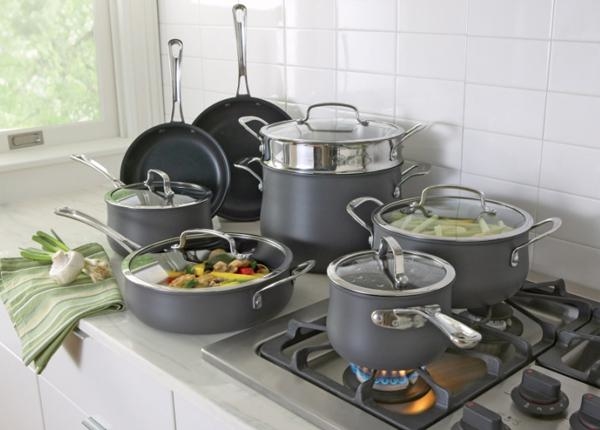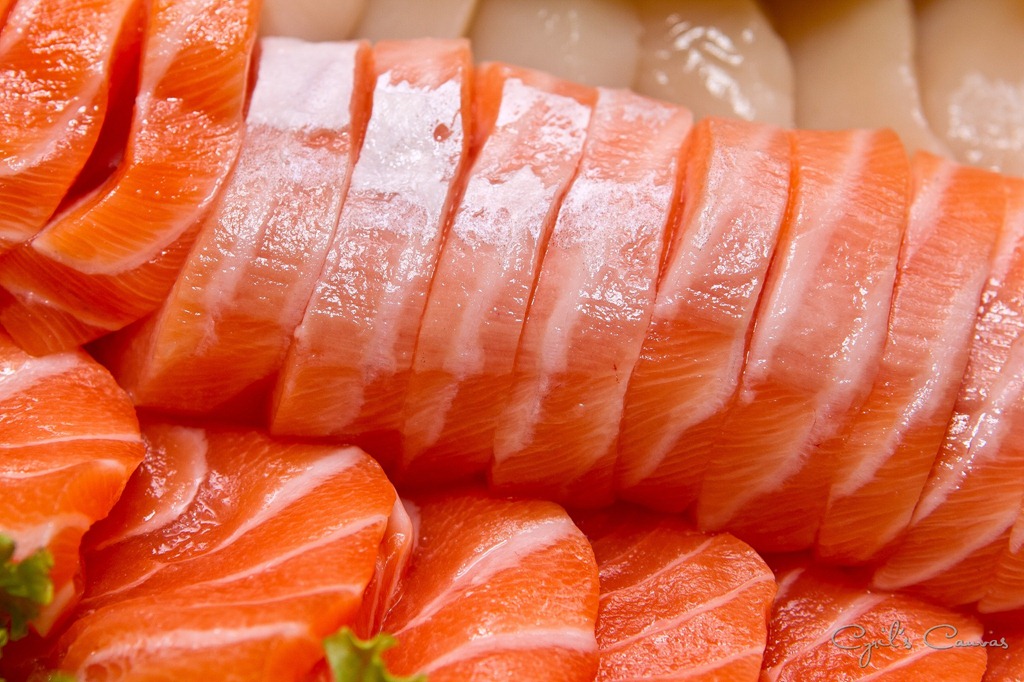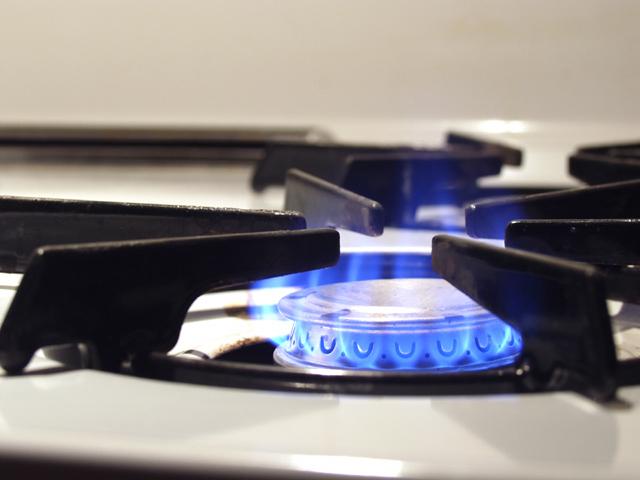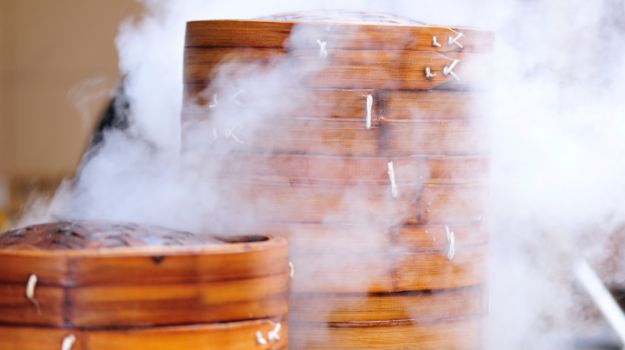Blog
Ma’achalei Akum – The Rules of Foods Prepared by Non-Jews
by Rabbi Yedidya Krauthammer – Rav Hamachshir



FOREWORD
The Torah warns us that eating meat slaughtered by gentiles will lead to intermarriage and eventually, G-d forbid, to our families leaving Judaism altogether (Shemot 34, passuk 15-16). Our sages saw it necessary to add to this prohibition of meat any food (or drink) that was cooked or heated up by a non-Jew, even if the food is intrinsically kosher. This is known as Bishul Akum (cooking of a non-Jew) and is part of a general category of foods that are forbidden because of non-Jewish involvement. These include bread, milk and dairy products and, last but not least, wine. They are known as Ma’achalei Akum and are discussed in detail in Shulchan Aruch Yoreh Deah 112 to 138. This article deals specifically with Bishul Akum; it is hoped that other categories of Ma’achlalei Akum will be discussed in a later article.
A. THE THREE CONDITIONS OF BISHUL AKUM
The following three factors, when all are present, render a food prohibited on account of Bishul Akum; if any one of them is absent, the food is permitted.
1) The food is cooked solely by a non-Jew with no Jewish involvement. (See B. and C. for definition of “cooking” and details as to the nature of Jewish involvement.)
2) The food (or drink) is only normally eaten when cooked or heated, such as meat or fish. If it can be eaten normally when cold and raw, even if this time a non-Jew heated it, it is permitted. This condition eliminates vegetables like tomatoes and onions, fruits like apples and plums, drinks like water and fruit juices, also sashimi that is normally eaten raw.
Note: Eggs and corn (served on a plate, not corn on the cob, see 3) do satisfy this condition and are therefore considered prohibited by the rules of Bishul Akum when heated.
3) The food (and the way it is eaten) is such that it would be fit for a Shulchan Melachim – a royal table. Certain foods that are commonly considered fast-food would not be considered fitting for a royal table, and thus not covered by the rule of Bishul Akum, however, they must be kosher according to classical criteria. There is no exhaustive list of such foods but some examples of those not being considered fit for a royal table include tinned sardines, pizza, and street food.
The decision as to whether a food is fit for Shulchan Melachim is subject to the local culture and lifestyle at the present time; the same applies to condition 2 as to food that needs cooking and accordingly a suitable rabbinic authority must be consulted before determining a food’s status for these purposes.
B. DEFINITION OF ‘COOKING’
1. With regards to Bishul Askum only the first stage of the cooking counts; after the food is one third of the way through the process it is halachically considered edible (since in dire circumstances it could be eaten at this point) and whoever continues the cooking, Jew or non-Jew is halachically immaterial. Similarly, the Jewish involvement that “saves” it from being rendered unfit by the rules of Bishul Akum has to be in the first third of the process.
These rules differ from the rules of cooking on Shabbat, where all heating is forbidden where the food has not been previously cooked in its entirety.
2. Given that only the first stage of cooking is relevant, once an item has been cooked, a non-Jew may re-heat it without violating the rules of Bishul Akum.
3. Roasting and frying are included in the decree of Bishul Akum, but smoking and pickling are not. The rule is that wherever some level of heating is required, whatever the degree of heat, there is a problem of Bishul Akum.
4. Food that is processed by hot steam is a much-debated issue in the rules of Bishul Akum. The consensus is to be lenient and allow this when done by non-Jews only in conjunction with another mitigating factor; for example, that it is being done in a factory and not in a private home so there is less concern regarding intermarriage. This leniency is not acceptable on its own as the rules of Bishul Akum apply equally in factories, but when combined with the fact that steaming is only questionably considered to be cooking, it is acceptable to be lenient. This is a common halachic situation where two factors, which create a doubt, each insufficient on its own, combine to create a lenient ruling.
5. It is questionable whether, in the situation where the cooking is not performed by exposure to a direct source of heat but by mixing the food with boiling water (for example) the rules of Bishul Akum applies. This is permitted though ideally, one should endeavour to be strict in this and not allow this to be performed by a non-Jew.
C. INVOLVEMENT OF A JEW
1. As mentioned earlier, the prohibition of Bishul Akum only applies where the first part of the cooking was done solely by a non-Jew; any involvement of a Jew “releases” the food from Bishul Akum.
2. This involvement can be expedited even by remote control; as long as the effect is immediate and not later (and operated by a time clock) this becomes “Jewish cooking”.
3. There is a divergence of opinion as to the nature of the Jewish involvement that is needed to “release” the food from Bishul Akum.
a) According to “Maran” (Rabbi Yossef Karo, author of Shulchan Aruch and the major halachic authority for the Sefardi community) the Jewish involvement has to be with the food itself, whether stirring or adding a condiment or even just adding another piece of food.
b) Whereas according to the Rema (Rabbi Moshe Isserlis, author of glosses on the Shulchan Aruch and the major halachic authority for the Ashkenazi community) even involvement with the fire or source of heat is enough, turning it on or even just adjusting it by one degree.
Where a non-Jew is employed in a home and is in the kitchen, it is often the case that the Ashkenazi ruling is the only practical solution for the problem of Bishul Akum. For example, a family member turns on the electricity or pilot light in the morning and can leave, knowing that the kitchen is ‘safe’ from Bishul Akum; Sefardim would have to consult their halachic authorities to find out if in dire necessity they can rely on the Ashkenazi ruling. The same applies to factories, food processing plants and bakeries where a mashgiach comes occasionally, turns off the power for a moment and then on again so that henceforth all the cooking, baking etc. is “Jewish expedited”.
D. BISHUL AKUM
1. Bishul Akum is similar to other forbidden foods in that it renders non-kosher the vessels that it was cooked in or that touch it when it is hot.
There is however a leniency here in that porcelain which cannot normally be “kashered”, can be kashered in the case of Bishul Akum; however it has to be done three times over.
2. Bishul Akum also renders non-kosher the food that it is cooked with, i.e. if a food that is subject to Bishul Akum is cooked with a food that is not e g. potato with onion, the onion also becomes non kosher.
3. In a case of doubt if Bishul Akum applies, the rule of thumb is that “sefeika d’rabanan lekula” – a doubt in a matter of a Rabbinic decree can be ruled leniently. However, there are qualifications as to the application of this rule and so it cannot be used without first consulting a competent Rabbi.




